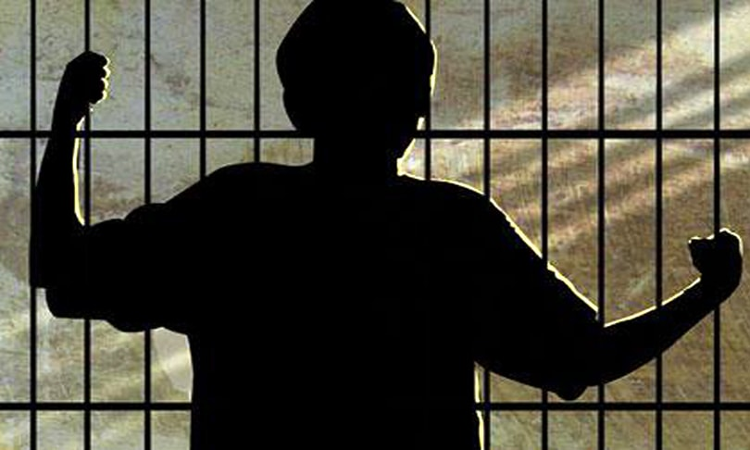Plea Of Juvenility Can Be Raised Even After Conviction, Sentence: Punjab & Haryana High Court
Rahul Garg
17 Jan 2023 9:02 PM IST

Next Story
17 Jan 2023 9:02 PM IST
The Punjab and Haryana High Court has observed that the plea of juvenility can be raised by a person even after the disposal of the case in terms of conviction and sentence, as per which plea, the authorities shall be bound to conduct an age determination inquiry. The Court was dealing with a petition filed by a person who had committed an offence at the age of a little over 16...
